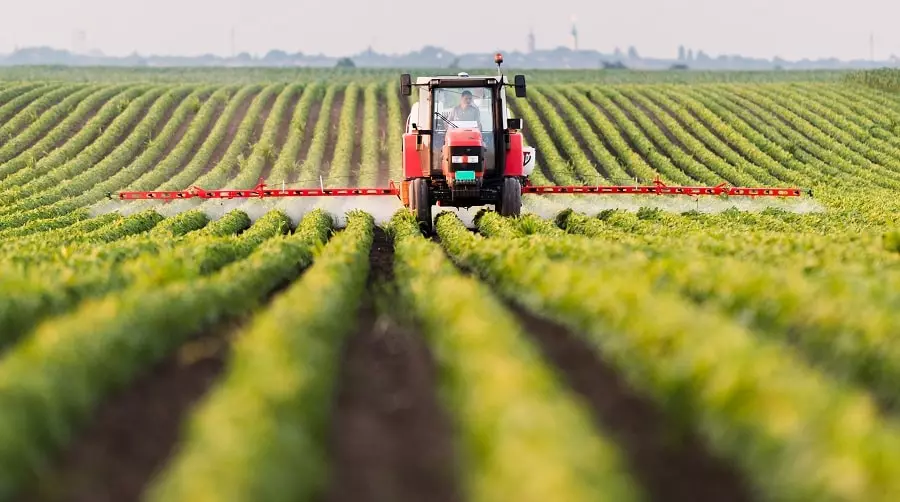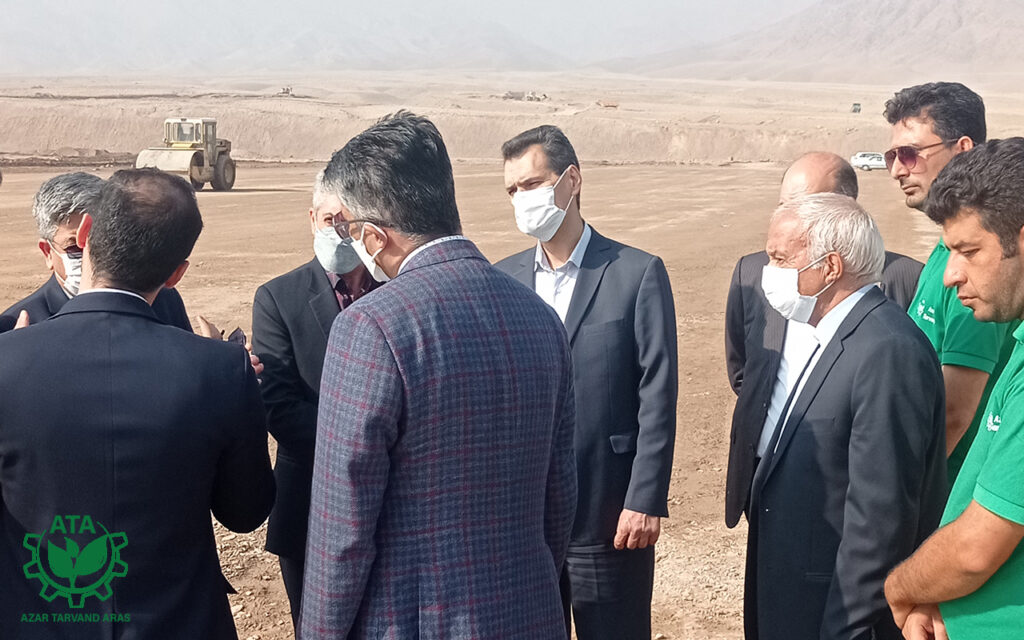How were the first agro-industries created in Iran?
From a historical viewpoint, the development of high agricultural units called agro-industry by attracting Iranian and foreign capital for Fourth Plan (1968 to 1973), before the Islamic Revolution, was regarded by the government as the establishment of Iranian-California companies (Trance World California Company as the first Iranian-American agro-industry (Hashem Naraghi Group)), herd, Iran International, Shalakat with shareholders such as Agricultural Development Bank of Iran, National Bank of New York, Iranian Bank of Tehran, World Agricultural Development Agency, Jandiz Co. Dow Chemical Company, Taleghani, and partners, Coates Company, Shell Company, etc. are considered as such.
What were the established laws of agro-industries?
Regarding agriculture and industries, in 1968, the law on the establishment of exploitation companies in lands under dams by focusing the Ministry of Water and Energy was confirmed, then parliament, and at the same time, Dez dam water intake lands were implemented in the Dezful region. Under the regulatory contracts, the government undertook to obtain irrigation canals up to 100 hectares of farms (water canals) and service roads up to 1,000 hectares for 30-year leased land by investors.
The transfer of electricity, gas, and biogas networks and customs facilities for the import of machinery were other obligations of the government. The investor was also committed to obtain and apply the required capital which must be with the participation of Iranian capital, in the first five years.
What were the duties of investors?
The investor was also responsible for constructing on-farm distribution canals, leveling land and equipping farms, service roads within the farm, making direct employment per 10 hectares per person, and applying foreign staff up to three percent.
Other laws…
Hence, laws such as the law of establishing companies for the exploitation of lands under dams, approved on 20/05/1968, the law of reorganization and assignment of the duties of Ministry of Agriculture and Natural Resources, and the dissolution of the Ministry of Natural Resources (approved on 01/02/1972), the law of agricultural development in agricultural poles confirmed in June 1975, it also encouraged the establishment of agro-industries.
Agro-industries established in the early days of the Islamic Revolution:
Miyanab Dezful Sugarcane Cultivation and Industry Company, before the Islamic Revolution which was put into agricultural operation in the following years, its products are refined in Haft Tappeh Sugarcane Factory. After the revolution, with the formation of two agro-industry companies, Shahid Rajaei and Shahid Beheshti, and seven sugarcane agro-industry companies affiliated to the Sugarcane Development and Ancillary Industries Company, in the 1980s and 1990s, with the participation of banks, they were planned and put into operation by Ministry of Agriculture.
Effects and consequences of establishing agro-industries:
In general, the formation of these companies over the years has had various impacts and consequences economic, social, technical, and environmental, but in terms of production performance in various fields have had significant results, so that the agriculture and industry of Shahid Rajaei and Shahid Beheshti as the best units. The production of the region is known and the average function of their production activities is considerably higher than the average of the region. This is also evident in Moghan Agro-industry Companies, Jiroft, and Khuzestan sugarcane companies. Thus, some shortcomings are seen in Karun or Sefidrood sugarcane which is considered due to the implementation of policies, behaviors, and management.
Azar tarvand aras international agro-industry company, relying on modern sciences and knowledge of affiliated experts and based on preliminary studies, has established agro-industry and formed a greenhouse production unit in 2020 by using the latest technologies in the field Venlo glass greenhouse structures and hydroponic systems in an area of about 25 hectares and grow a variety of vegetables, including tomatoes, bell peppers, eggplant and …



